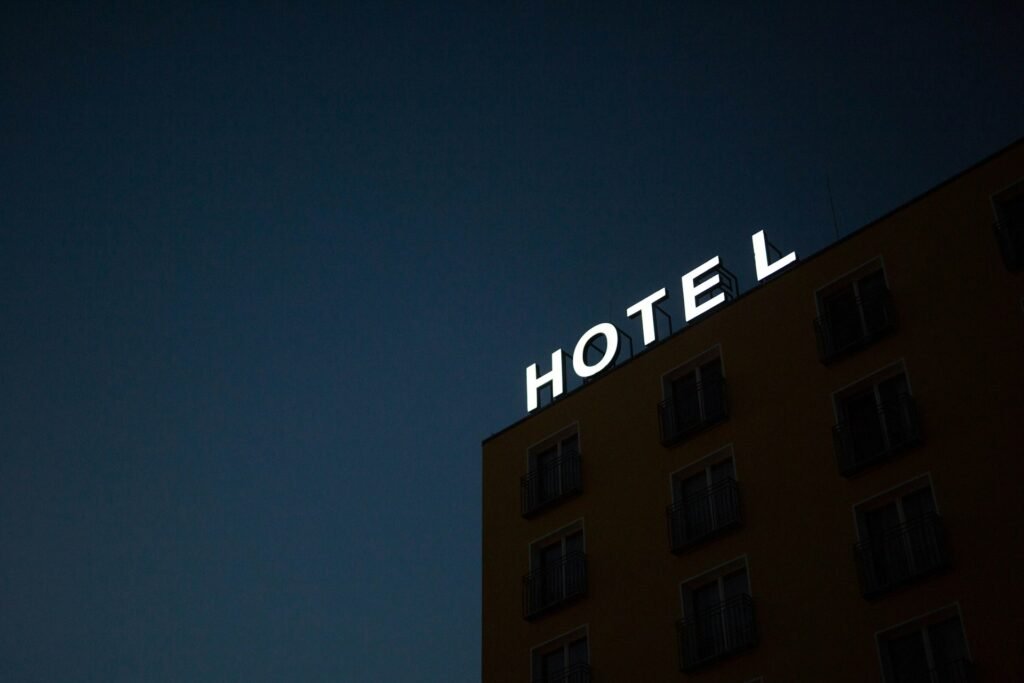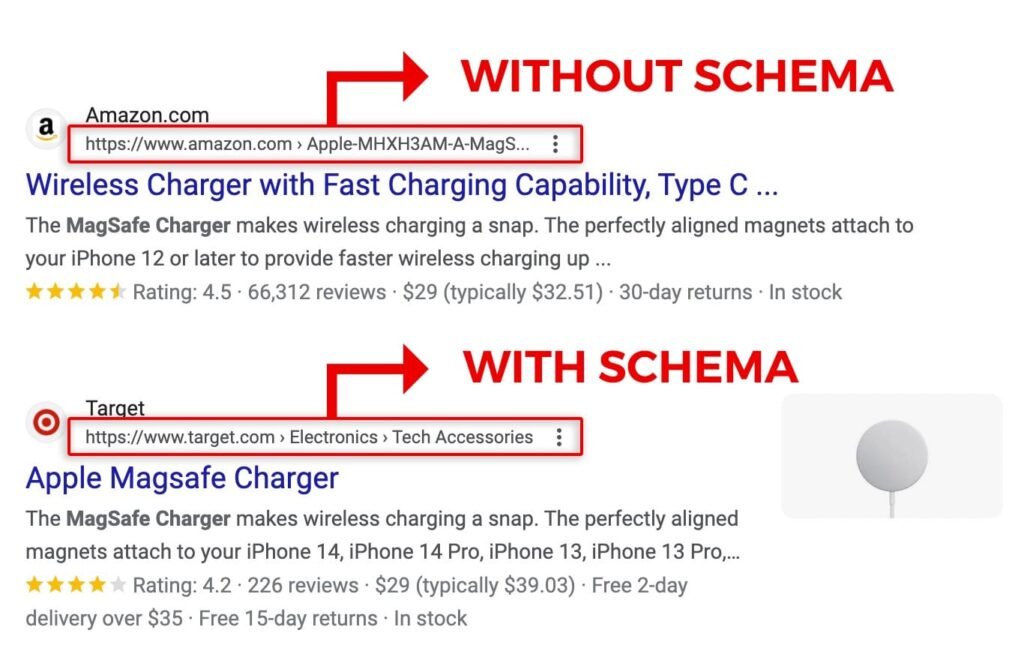Introduction: Why Search Engine Optimisation for Hotels Matters in 2025
Search engine optimisation for hotels: The hotel industry is more competitive than ever. With OTAs (Online Travel Agencies) like Booking.com and Expedia dominating Google’s front page, it can feel impossible for independent hotels and resorts to stand a chance. But here’s the good news — search engine optimisation for hotels is your golden ticket to standing out, increasing direct bookings, and reducing your reliance on third-party platforms that take hefty commissions. Whether you’re running a small boutique hotel, a beachfront resort, or even a chain of properties, learning SEO for hotels search engine optimisation isn’t just “nice to have.” It’s essential. And unlike paid ads, SEO continues to drive traffic long after the initial work is done — making it a smart investment for the long haul. In this guide, I’ll walk you through 9 powerful SEO tricks that hotels across the globe are using right now to dominate Google — and how you can start applying them to your own site today. Find More: 10 Powerful Link Acquisition Tactics You’re Not Using (But Should Be)
1. Optimise for Local Search to Capture Nearby Guests
 If someone searches “hotels near downtown Cairo” or “best hotel in Barcelona city center,” you want to be right there on page one — ideally in the map pack. Local search optimisation helps you attract travelers who are ready to book now.
If someone searches “hotels near downtown Cairo” or “best hotel in Barcelona city center,” you want to be right there on page one — ideally in the map pack. Local search optimisation helps you attract travelers who are ready to book now.
Set up and verify your Google Business Profile
It’s free, it’s powerful, and yet so many hotels still neglect it. Make sure all your details — address, hours, photos, services — are accurate and up to date. Bonus points for regularly updating your listing with new photos and responding to reviews.
Use local keywords in page titles and descriptions
Instead of generic terms like “cozy hotel,” try adding location-rich terms like “cozy 3-star hotel near Central Park.” Search engines love specificity, and so do travelers.
Get listed on local directories and travel platforms
Sites like TripAdvisor, Yelp, and local tourism boards give your site credibility and local SEO juice — plus backlinks, which we’ll talk about soon. Don’t underestimate the power of consistent NAP (Name, Address, Phone) information across platforms.
2. Speed Up Your Website to Reduce Bounce and Boost Rankings
 You could have the most stunning hotel in the world, but if your site takes forever to load, people (and Google) won’t wait around. Site speed directly impacts both user experience and search rankings.
You could have the most stunning hotel in the world, but if your site takes forever to load, people (and Google) won’t wait around. Site speed directly impacts both user experience and search rankings.
Use Google PageSpeed Insights to diagnose issues
Plug your URL into PageSpeed Insights and get a detailed breakdown of what’s slowing you down. Then fix the issues — one by one — starting with the biggest bottlenecks.
Compress images and use next-gen formats
Big, beautiful hotel photos are great — just make sure they’re optimized. Use WebP format and tools like TinyPNG to reduce file sizes without sacrificing quality. Large image files are the #1 reason for slow load times.
Choose a lightweight, mobile-optimised theme
Fancy animations and video backgrounds are tempting, but they can kill load time. Choose speed over fluff — especially for mobile users. Your theme should feel lightning fast, even on 3G connections.
3. Use Schema Markup to Enhance Search Visibility
Ever notice search results that show reviews, prices, or availability? That’s schema markup in action. It gives search engines more detailed context about your hotel.
Add Hotel-specific structured data
Use schema.org’s hotel markup to show off your pricing, reviews, star ratings, amenities, and room types in search results. It makes your listing stand out and builds trust before a user even clicks.
Increase chances of rich snippets in search results
Rich snippets mean more attention, more clicks, and more bookings — all without spending a cent on ads. They also increase your real estate on the search results page, which is huge in a competitive market.
4. Target Long-Tail Keywords Guests Actually Search For
“Hotel” is way too broad. What people actually type into Google sounds more like this:
- “Pet-friendly hotel in Rome near Trevi Fountain”
- “Quiet hotel in Tokyo for remote workers”
- “Family hotel with kids’ pool in Orlando”
Use tools like Ubersuggest or Google Trends
Find what your potential guests are searching for, then create content (and pages) that match their intent exactly. Long-tail keywords usually have less competition and a higher chance of converting into bookings.
Match content with guest intent
Think about your ideal guest: Are they traveling for work or leisure? Are they solo or with family? Use these insights to guide your keyword targeting.
5. Create Location-Based Landing Pages for Each Property
 If you manage more than one location, each deserves its own dedicated, SEO-optimised page. These pages should be crafted with care — not just copied from a template.
If you manage more than one location, each deserves its own dedicated, SEO-optimised page. These pages should be crafted with care — not just copied from a template.
Include unique content for each hotel or location
Don’t just copy-paste descriptions. Highlight what makes each location special — nearby attractions, room styles, services, etc. This creates value for users and gives search engines more reasons to index your site.
Add local attractions, maps, and FAQs
Give travelers everything they need on one page. Include driving directions, nearby restaurants, landmarks, and a FAQ section to answer common concerns. This builds trust and keeps them engaged longer (a ranking signal!).
6. Build High-Quality Backlinks from Travel and Tourism Sites
You’ve probably heard it before, but it’s still true: backlinks matter. They’re like votes of confidence from other websites.
Guest posting, digital PR, and local partnerships
Write blog posts for local travel blogs, collaborate with influencers, or get featured in “Top 10 Hotels” lists. Reach out to journalists and bloggers who cover travel content. Offer exclusive experiences or story angles in exchange for coverage.
Why backlinks still matter in 2025
Despite Google’s constant algorithm changes, high-quality backlinks remain one of the strongest ranking factors. A handful of strong links from respected travel sites can push your hotel pages to the top of Google.
7. Write SEO-Optimised Blog Content That Converts
Blogging isn’t just for lifestyle brands. Hotels can (and should) blog to attract organic traffic — especially when done strategically.
Blog topics guests are already Googling
- “Best time to visit [your location]”
- “What to pack for a weekend in [your city]”
- “Top 5 romantic things to do near [your hotel]”
These build authority, improve rankings, and drive people to your booking pages. Great content also positions your brand as a helpful, local expert.
Internal linking strategies
Link your blog posts directly to relevant booking or amenities pages. That way, readers are just one click away from making a reservation. Also, link related blogs together to keep users on your site longer.
8. Make Mobile-First Design a Priority for Bookings and SEO
More than 60% of hotel searches happen on mobile devices. And guess what? Google uses mobile-first indexing, meaning it ranks your mobile version first.
Responsive layouts and click-to-call features
Make sure buttons are thumb-friendly, menus are simple, and booking forms don’t require a magnifying glass. Include click-to-call buttons and sticky CTAs to boost conversion.
Why Google prioritises mobile usability
If your mobile site is hard to use, Google assumes your guests won’t like it either — and will rank you accordingly. A clean mobile experience can make or break a booking.
9. Track, Test, and Improve with SEO Analytics Tools
 SEO isn’t set-it-and-forget-it. You’ve got to keep an eye on what’s working and what’s not — and adjust accordingly.
SEO isn’t set-it-and-forget-it. You’ve got to keep an eye on what’s working and what’s not — and adjust accordingly.
Use Google Search Console and GA4
These tools are free and packed with insights. Track keyword rankings, see which pages get traffic, and identify where guests drop off. Set up conversion goals to understand what turns a visitor into a booking.
Measure bounce rate, rankings, and conversions
Are people landing and leaving? Or sticking around and booking? The data will tell you — and help you refine your strategy. Regularly audit your content and pages to identify new opportunities or weak spots.
Conclusion: Start Applying These SEO Tricks and Watch Your Hotel Rise on Google
Search engine optimisation for hotels isn’t just about pleasing algorithms. It’s about connecting with real people who are actively searching for a place like yours. With these 9 powerful SEO strategies, you’ll be able to reach more potential guests, drive more direct bookings, and build a long-term online presence that doesn’t depend on third-party platforms. Start small if you need to. Choose one or two tips from this guide and apply them this week. Then track your results, adjust, and keep going. SEO is a long game — but the rewards are worth it. Consistency is the secret. Keep producing quality content, improving site speed, testing new keywords, and staying on top of Google’s best practices. It may take time, but it will pay off. And hey, if you’re feeling overwhelmed, there are plenty of SEO experts who specialize in hotels and can help you get things moving faster. Sometimes, a little help goes a long way. Find More: Boost Your Sales With SEO Services
FAQs
1. What is search engine optimisation for hotels?
It’s the process of improving your hotel website so it ranks higher on Google and attracts more organic (free) traffic — especially from people looking for hotels in your area. It involves optimising technical aspects of your site, your content, and your online presence across the web.
2. How long does it take to see SEO results for hotel websites?
Typically, it takes 3–6 months to start seeing consistent results, depending on competition and how aggressive your strategy is. But even small changes — like improving page speed or updating meta titles — can show results within a few weeks.
3. Do small boutique hotels benefit from SEO as much as large chains?
Absolutely. In fact, boutique hotels often benefit more because SEO helps them stand out without needing massive ad budgets. Local and niche SEO strategies are especially effective for smaller properties.
4. Should I hire an SEO expert or do it myself?
If you have the time and curiosity, start learning and applying the basics. But if you’re short on time or want faster results, hiring a hotel SEO specialist is a great investment. Look for someone with hospitality experience.
5. Is SEO better than paid ads for hotel marketing?
They work best together. SEO brings long-term, sustainable traffic. Paid ads bring quick wins. But unlike ads, SEO keeps working even when your budget runs out. Ideally, you should integrate both into your marketing strategy.
